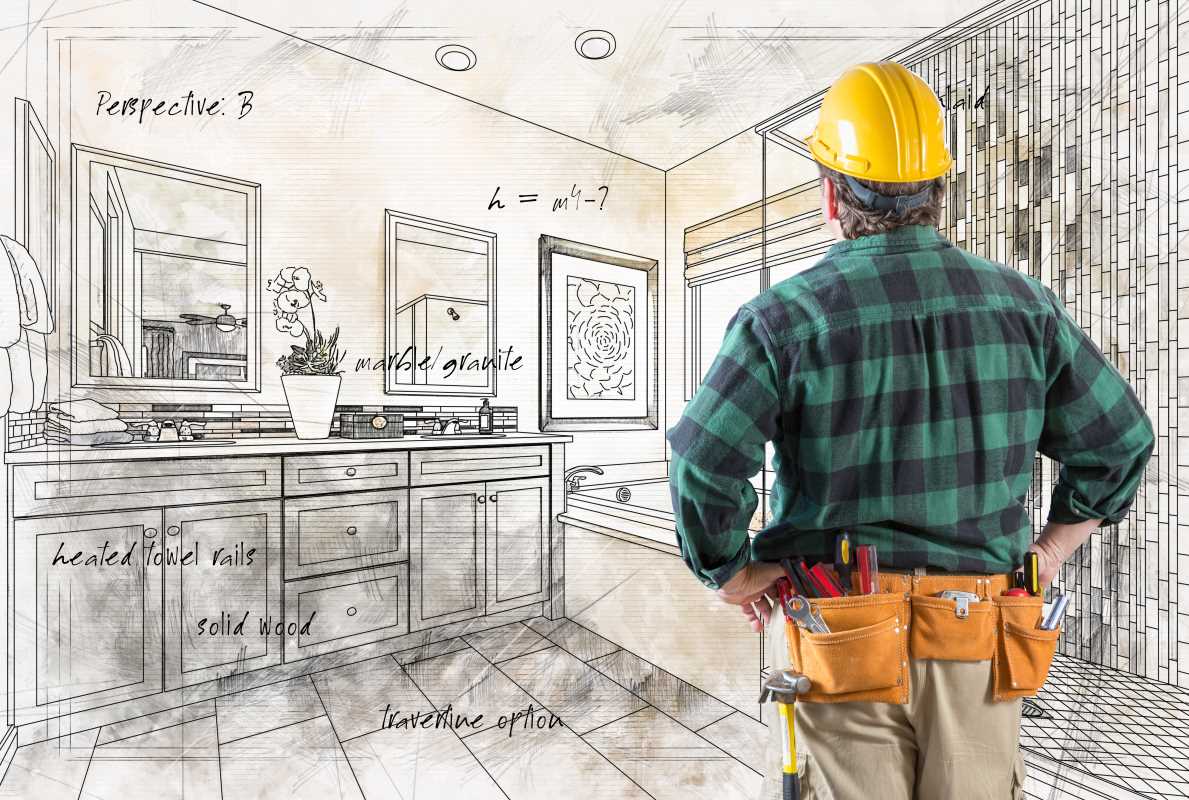Purchasing a home marks a major life milestone, symbolizing not just a financial accomplishment but also the creation of a personal haven. For many, the road to homeownership might appear overwhelming without a solid financial strategy in place. Yet, by grasping the fundamental concepts and taking thoughtful, actionable steps, you can confidently steer through the process of securing your ideal home. It’s about transforming dreams into reality, knowing what to expect, and preparing wisely for each stage. With the right approach, you’ll find the path to owning your dream home not only achievable but also rewarding and fulfilling.
Understanding the Financial Basics
Grasping fundamental financial concepts is crucial when planning to purchase a home. Here are the key elements to consider:
- Credit Score: Your credit score affects the interest rates and loan options available to you. Maintaining a good score can lead to more favorable mortgage terms.
- Debt-to-Income Ratio: This ratio helps lenders determine your ability to manage monthly payments and repay debts. A lower ratio increases your chances of securing a loan.
- Mortgage Pre-Approval: Obtaining pre-approval gives you a clear understanding of your budget and makes you a more competitive buyer in the housing market.
- Interest Rates: Understanding how interest rates work can help you choose the best mortgage option and save money over the life of your loan.
Setting Realistic Homeownership Goals
Establishing clear and achievable goals forms the foundation of successful homeownership planning. Start by determining the type of home that suits your lifestyle and needs, whether it's a cozy apartment or a spacious family house. Consider the location, proximity to work or schools, and the neighborhood’s amenities. Assess your current financial situation to set a budget that aligns with your income and expenses. Setting a realistic timeline for purchasing a home helps you stay focused and motivated, ensuring that your savings and financial planning remain on track.
Building a Budget
A well-structured budget is essential for managing your finances effectively and saving for a home. Follow these steps to create a budget that supports your homeownership goals:
- Calculate Your Income: Begin by listing all sources of income, including salaries, freelance work, and any other earnings.
- Track Your Expenses: Monitor your monthly expenses such as rent, utilities, groceries, transportation, and entertainment to understand where your money goes.
- Identify Savings Opportunities: Look for areas where you can reduce spending, such as dining out less or canceling unused subscriptions, to increase your savings rate.
- Set Savings Goals: Determine how much you need to save for a down payment, closing costs, and other related expenses.
- Adjust Your Budget: Make necessary adjustments to ensure you live within your means while prioritizing your savings goals.
Saving for a Down Payment
Saving for a down payment plays a crucial role in achieving homeownership. Start by setting a specific savings target based on the price of the home you wish to purchase. Automate your savings by setting up regular transfers to a dedicated savings account, ensuring consistency in your saving habits. Explore ways to increase your income, such as taking on a part-time job or investing in assets that can generate income.
Exploring Financing Options
Choosing the right financing option plays a pivotal role in the homebuying process. Conventional loans, FHA loans, and VA loans each offer different benefits and requirements. Conventional loans suit those with strong credit and a substantial down payment, while FHA loans remain more accessible for first-time buyers with lower credit scores. VA loans cater to veterans and provide competitive terms without requiring a down payment. It's important to compare these options and consult with a mortgage advisor to determine which loan type best fits your financial situation and long-term goals. Consider fixed-rate versus adjustable-rate mortgages based on your preference for payment stability or potential interest savings.
Making the Most of Financial Tools and Resources
Using financial tools and resources can significantly improve your homebuying journey. Online budgeting tools help you track your spending and identify areas where you can save more effectively. Mortgage calculators allow you to estimate your monthly payments and understand how different loan terms affect your finances. Educational resources such as webinars, workshops, and financial literacy programs provide valuable insights into the homebuying process and financial planning. Utilizing these tools ensures you make informed decisions, stay organized, and remain focused on your homeownership goals.
Managing Unexpected Expenses
Even with meticulous planning, unexpected expenses can arise during your journey to homeownership. Building an emergency fund provides a financial cushion to handle unforeseen costs, such as medical emergencies or car repairs, without derailing your savings plan. Regularly reviewing and adjusting your budget can also help accommodate unexpected expenses, ensuring that you stay on track toward your goal. Consider obtaining homeowners insurance to protect your investment from potential damages or liabilities once you purchase a home.
Homeownership is a rewarding goal requiring careful planning and disciplined financial management. By understanding the basics and setting realistic goals, you can successfully navigate the path to owning a home.







